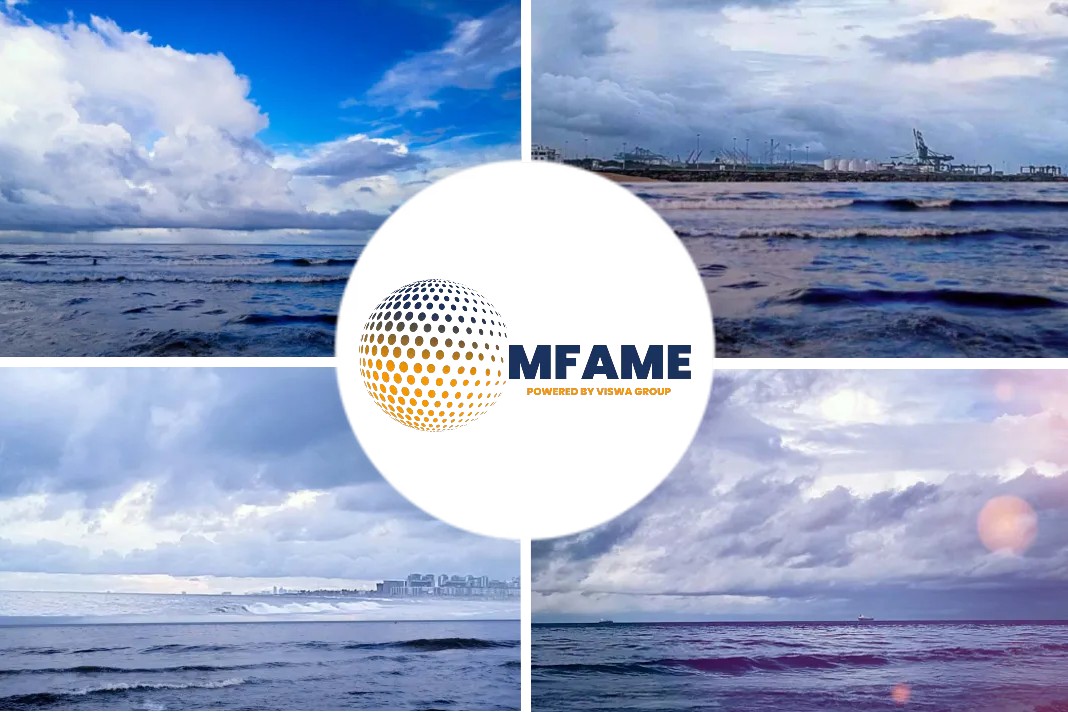According to an article published in Tanker Operator, Operating with scrubbers + heavy fuel oil can mean a shipping company makes lower CO2 emissions than using low sulphur fuel oil, says Kai Låtun , Director Sales and Public Affairs, Yara Marine Technologies.
Low sulphur product
The reason is a large amount of fuel is used by the refinery which distils the oil to make a lower sulphur product.
Scrubber Retrofits
The company has installed over 400 scrubbers on ships so far, over the past 10 years, of which 80 per cent are retrofits, the rest on newbuilds.
The retrofits are “mostly being done in China” – the company makes much use of the Yiu Lian shipyard near Hong Kong.
The company makes scrubbers in China for these installations. It uses material from Europe and US, because it needs special corrosion resistant nickel alloy materials, which are hard to source in China.
Work Stages
There are 3 stages to the work. Engineering and delivering kit to yards; installation and commissioning; and crew training and certification testing.
A typical installation takes 2 weeks of dry dock, he said, with the whole project taking 24-25 weeks (reduced to 22 weeks for an open loop system).
Service Commissions
There are three service companies involved – the designer, installer and system supplier (who also does commissioning and certification).
Installation and commissioning can take 2 weeks, and the certification test against the MARPOL requirements takes a day.
Yara’s Sales Director’s words
“Shipyards are becoming quite adapt in producing installations of scrubber systems,” he said. “They are clever, they tend to try to do things based on what they learned and make it simpler.”
Shipping companies will often have a number of projects happening at the same time in dry dock, such as also installing at ballast water system. There can be complex discussions about priorities.
“The plan you establish at the start is crucial,” he said.
Complicated understanding of problem
One source of problems is when there is a crew change, and the new crew are not taught how to operate the equipment. People think there is a problem with the scrubber system, but it is actually more to do with training.
You need to make sure all discharge from the ship has an acidity level higher than pH 6. Yara can model this mathematically, so it can be proved to class.
Environmental Concerns
Mr Låtun discounts the idea that discharge from scrubbers can be harmful to the environment. “There is no scientific evidence to this statement – it is more a ‘better safe than sorry approach’,” he said.
“There’s comprehensive studies from CE Delft and Japanese Industry that did a very big study modelling a big basin outside the Japanese coast. They both showed discharge of wash water from scrubber is not detrimental to marine environment.”
“It is facts and science which will save the environment.”
Comparison Studies
CE Delft also did a study comparing vessels using heavy fuel oil + scrubber with low sulphur fuels, to calculate the minimum CO2 emissions “well to wake”.
“This study proves HFO with scrubbers beats compliant fuels in the race to reduce CO2 emissions all the time,” he said.
Price factors
The key figure for shipowners is the difference in price between low sulphur fuel oil and heavy fuel oil, and whether this justifies the investment.
This differential was “crazy around January” – just after implementation of the 2020 rules – at $350 / tonne.
But then it oscillated around $80 a tonne. But this could be partly due to a drop in demand for low sulphur fuels for other transport uses due to COVID. “I’m pretty certain that this price gap will increase,” he said.
Covid prices
During the Covid period, very low sulphur fuel oil became cheaper than crude oil in some places.
“The demand for HFO is picking up along major shipping lanes,” he said.
“We will see a very profitable business case for scrubbers.”
Did you subscribe to our daily newsletter?
It’s Free! Click here to Subscribe!
Source : Tanker Operator
















